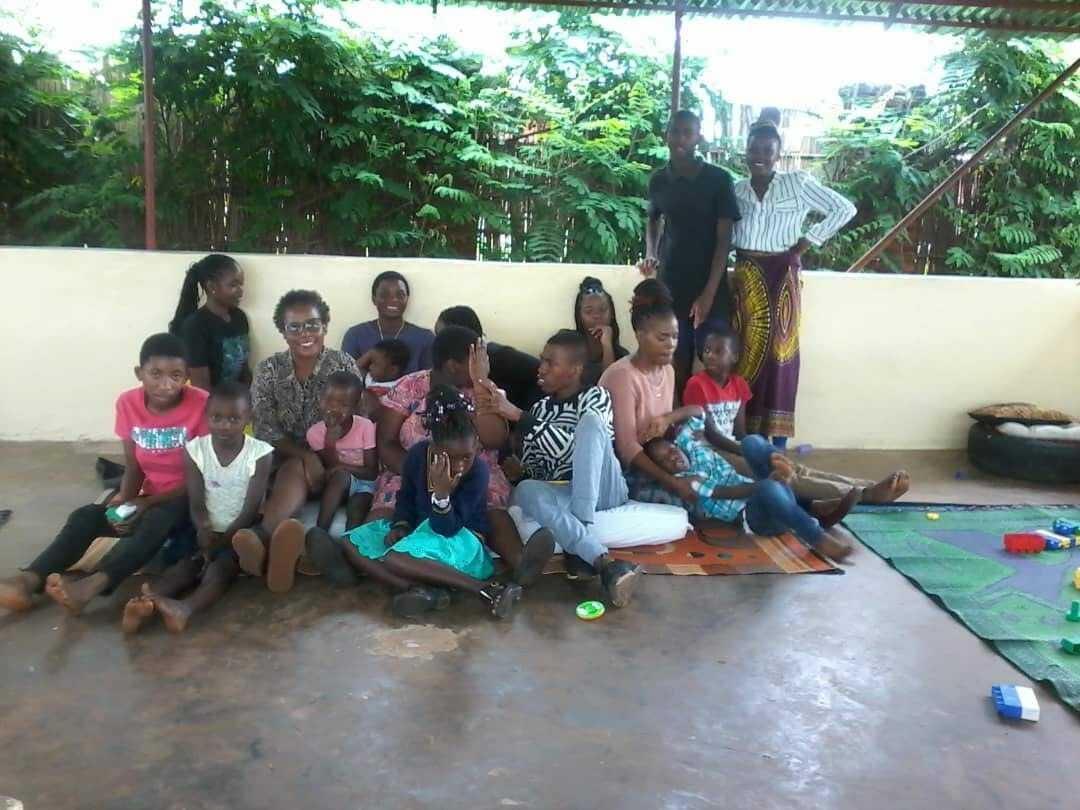
Malawi: The statistics are staggering: in Malawi, 15 to 20% of the population is dyslexic. That’s one in every five people who struggle with reading, spelling, and processing the sounds of letters to make them into words, writes Naome Chisala.
However, the lack of awareness about dyslexia and learning differences in the country made it difficult for those affected to receive the help they needed.
Enter Jeranjie Kamfose, who founded the Able Foundation in 2021 after realizing the lack of information and resources for dyslexia and children with special needs children in Malawi.
When she discovered that her niece was dyslexic, she was determined to make a difference and provide a safe and supportive environment for children like her niece to learn and grow.
With her own resources, Kamfose constructed and opened a school in Njewa, Lilongwe, designed specifically for dyslexic and special needs children.
The school uses a play-based, multi-sensory approach to teaching, with no traditional classroom setting and one-on-one teaching for older students.
With a current enrollment of 13 students and a dedicated staff of three teachers and three caregivers, the school is making a significant impact.
And the results are speaking for themselves. Kamfose reports that since the school’s opening, there have been marked behavioural and learning improvements in students, who are now calmer and excelling in their studies.
Teacher Temwa Hara reports that since the school opened, students have shown behavioural and learning improvements, excelling in their studies and increasing their social interaction skills.
Despite these positive developments, the Able Foundation still faces significant challenges, including the stigma attached to dyslexia and special needs children and the lack of awareness about the condition in Malawi.
Many parents are also reluctant to send their children to special needs schools due to the cost, choosing instead to send them to more affordable “normal” schools.
To address these problems, the Able Foundation raises awareness through social media and collaborates with and trains government teachers in the Lilongwe Rural East area who specialize in special needs.
Looking to the future, the Able Foundation hopes to construct a boarding school, provide more activities and skills to its students, and help them start their own businesses, such as knitting, sewing, and baking.
Kamfose believes that this will not only support them financially but also help them socially interact with more people.